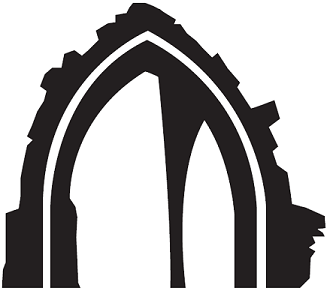Military Service 1900-1918
Enlisting as a Gunner in the Royal Garrison Artillery on the 18th August 1900, Dowding served in Gibralter, Colombo (in modern day Sri Lanka), Hong Kong and India. With a generous allowance from his father Hugh enjoyed, amongst other things, polo, horse racing, hunting and yachting. He was promoted from Second Lieutenant to Lieutenant in May 1902. From 1904, in Rawalapindi (now part of Pakistan) and then Dehra Dun (Himalayas) Hugh spent 6 years that he later described as the happiest of his entire career. Dowding relished the responsibilities and freedoms of his role which included army supplies and the associated logistics in these remote areas.
Returning to England in 1911 Dowding attended Camberley Staff College (a Military College established to train future Commanding Officers and Staff Officers) It was at here that he earned the nickname that would follow him throughout his career “Stuffy”. Words used to describe Dowding’s style, during his military career, were efficient, calm, strict, reserved, prim, aloof, sense of duty, lack of humour. These words only partially describe this intriguing man & we have displayed many comments about him around the Museum to give a much broader picture. On completion of his course in August 1913 Dowding was promoted to Captain.
With the outbreak of WW1 Dowding was required to serve in the Royal Flying Corps as he was a qualified airman. From October 1914 until March 1915 he flew as both Observer and Pilot across Belgium and France.
By March 1915 Dowding was promoted to Major and in charge of a Wireless Experimental Establishment at Brooklands- establishing the value of wireless in the field. Then returning to command an operational Squadron (16) in France until early 1916 when he was promoted to Lieutenant Colonel and recalled, briefly, to England. By June 1916 he was back in operations as a Wing Commander, responsible for 4 Squadrons, during the intensity of the Somme offensive. By 1917 he was a Brigadier General.
On 1st April 1918 the Royal Flying Corps became the Royal Air Force and Hugh Dowding transferred to the new Service.
